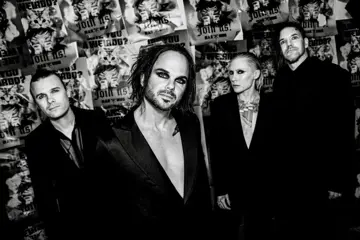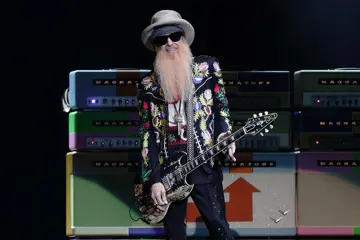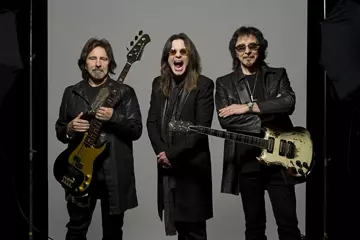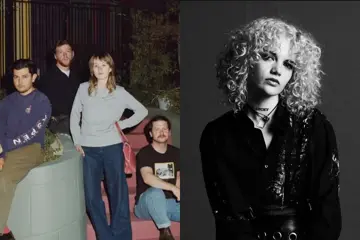Collateral Beauty is a movie that inspires questions. Questions such as 'How did a concept this dumb attract a cast this accomplished?', 'What does collateral beauty even mean?' and 'Is anything else showing?' Yes, this is one wrongheaded movie. And usually in a situation where a movie purports to explore things like grief, empathy and the unseen bonds that connect us all, one can justify its existence by thinking 'Hey, at least its heart is in the right place'.
Collateral Beauty's heart is not in the right place.
It's not completely without a heart, because there's work in here — primarily from leading man Will Smith and a couple of his co-stars — that is clearly striving to stir up an emotional response. But it's in vain, because the movie has a core idea that could be viewed as either kind of offensive or straight-up dumb and wraps up with not one but two twists — the first of which is unfortunately obvious, the second of which is teeth-grindingly weak.
Smith plays charismatic marketing man Howard, the kind of TED-talking guru who regales his staff with speeches about "the three abstracts" — time, love and death — that motivate all human behaviour (and get people to buy stuff). But the death of his young daughter plunges Howard into a silent, sullen funk and his business into a financial tailspin. The only way he communicates is by writing letters to those three abstracts, blaming time, love and death for his pain. To help bring him back to life, and to save themselves from ruin, his business partners Edward Norton, Kate Winslet and Michael Pena take a radical step.
They hire a trio of actors, played by Helen Mirren, Keira Knightley and Jacob Latimore, to pose as the embodiments of death, love and time respectively, and have them confront Howard in a kind of existential intervention. Hopefully, being confronted by these abstracts in the flesh will bring Howard back to reality and let him recognise the "collateral beauty" that continues to thrive in the world (oh, so that's what it means). And, hey, if that doesn't work, Norton, Winslet and Pena are able to doctor the videos of Howard's meetings with the actors so it looks like he's speaking to thin air, proving he's crazy and enabling them to sell the company out from under him.
Don't miss a beat with our FREE daily newsletter
Every once in a while, Winslet will question the morality of this scheme, just so Collateral Beauty can appear to have the semblance of a soul or conscience. But otherwise it's a thick, terrible stew made up of legitimate sorrow, ill-judged humour and the kind of superficial life lessons one can readily obtain from fortune cookies, fridge magnets or Instagram poets. Even the A-list cast has trouble finding their feet, with newcomer Latimore one of the only actors to find focus and energy in his character. (It's so sad to see Norton and Winslet flailing.) To his credit, however, Smith puts in a gargantuan effort — maybe too much at times — to give Collateral Beauty a foundation in something honest and genuine. It's too bad nearly everything around him is resoundingly fake.















